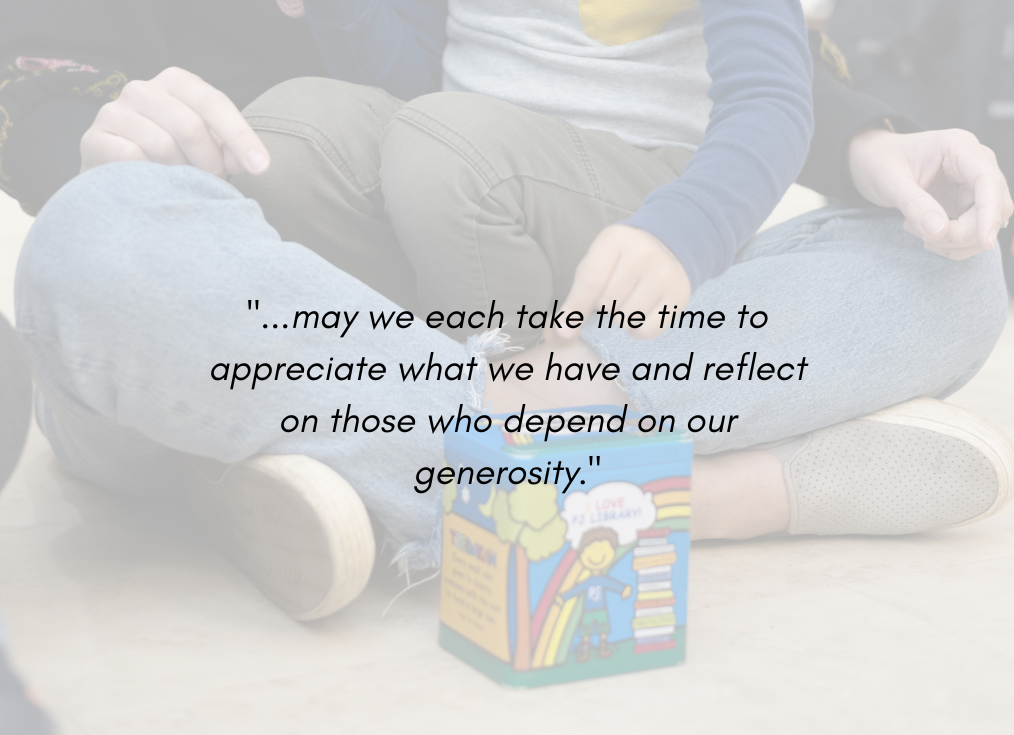Aser Te’aser

August 11, 2023 | 24 Av 5783
There is a two-word phrase in this week’s Torah portion, Re’eh, from where the mitzvah of the ten percent tithe is sourced. Yes, back in the book of Genesis, we read of Abraham giving King Melchizedek “a tenth of everything” (14:20) that Abraham had procured in battle, but this reference is out of context and with no explanation as to why specifically one-tenth.
In this week’s parshah, however, we read of “aser te’aser,” literally translated as the “Tithe you shall tithe” (Deuteronomy 14:22), where the play on words highlights the number ten in Hebrew, pronounced eser, as well as one-tenth, pronounced asirit.
The rabbis of the Talmud go even further into the nuances of this phrase, explaining that the word for “tithing,” aser, has the same root as “wealthy,” ashir, and that it is from this common root that the Talmudic rabbis interpreted the verse to mean“Tithe in order that you shall become wealthy.” (Taanit 9a)
In fact, these Talmudic rabbis, through their counterintuitive interpretation of “give so that you can be rich” were the first to expand upon what we today call the paradoxical effect. For instance, we might solve a dilemma by doing the opposite of what we assume would normally achieve the desired result (also referred to as “reverse psychology”). Or conversely, we unintentionally make things worse by trying to make things better. Examples of the paradoxical effect are diets to lose weight that cause weight gain; medicines that should exacerbate a behavior or illness that instead reduce the symptoms; excessively strict parenting that raises rebellious children; banning books that produce increased interest for the books being banned; and so forth.
…
Yet, aser te’aser is as much a mental state as it is a charitable approach to giving. In Pirke Avot (“The Ethics of our Fathers”), the great sage Ben Zoma answers the question, “Who is rich?” with the reply, “The one who is happy with what they have.” (Talmud—Avot 4:1)
The rabbis explain that being rich and wealthy are not our ability to cross an arbitrary financial threshold, rather, it is a personal acknowledgment of appreciation and satisfaction with what we have. Our ability to share our fortune, and specifically ten percent, is a commandment because we are human, and we are prone to rationalize, justify, and explain all the reasons why ten percent might be excessive. But the rabbis further explain that if we were to step back for a moment and reflect on our true wealth, we are predisposed to compare ourselves with those who have less than with those who have more, which is why our natural inclination is to help those less fortunate.
Today there is much discussion about whether the ten percent tithe applies to pretax wealth or post tax. Whether taxes even count toward the tithe or not (because portions of it go to social services). And whether supporting extended family, vulnerable relatives, or any of the many generous choices individuals make with their personal wealth apply to the tithe. To which the answer is that this decision is between each person and their conscience.
In one month, on Tuesday, September 5, the Jewish Federation of San Antonio will kick off its community Annual Campaign, and no matter how we calculate the aser te’aser, the lesson from this week’s reading is simple, may we each take the time to appreciate what we have and reflect on those who depend on our generosity.
I want to personally thank every member of the community who contributed to last year’s campaign, which helped raise almost $1.4M for the many worthy recipients, and sincerely ask those who were unable to participate to please join us at any level of generosity. Every gift makes a difference!
This week’s reading teaches us of the “Tithe you shall tithe.” May we all join together and encourage the greatest participation in this year’s campaign so we can extend our generosity to the widest group possible. Because we are…
STRONGER TOGETHER.
Shabbat Shalom,

